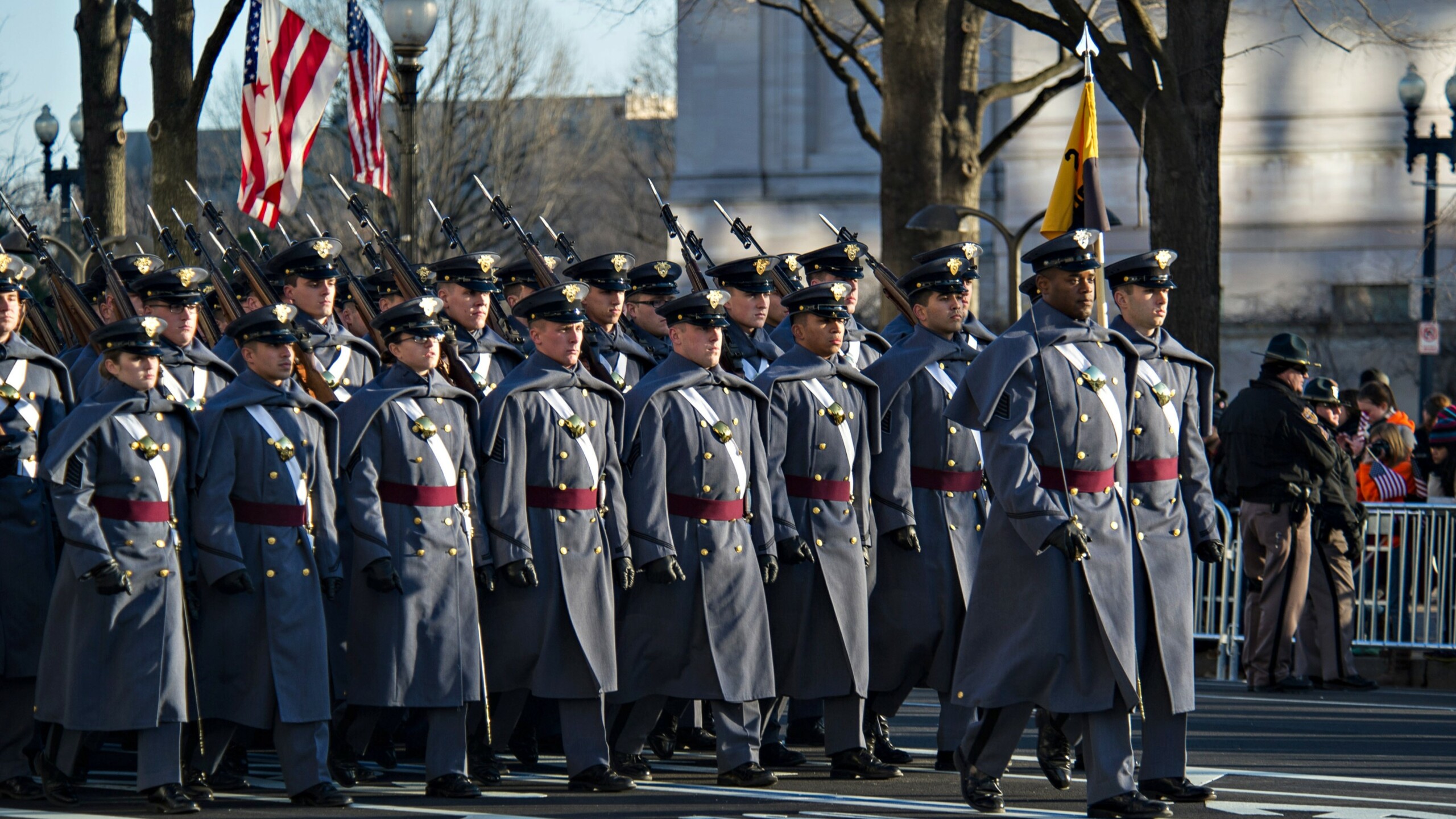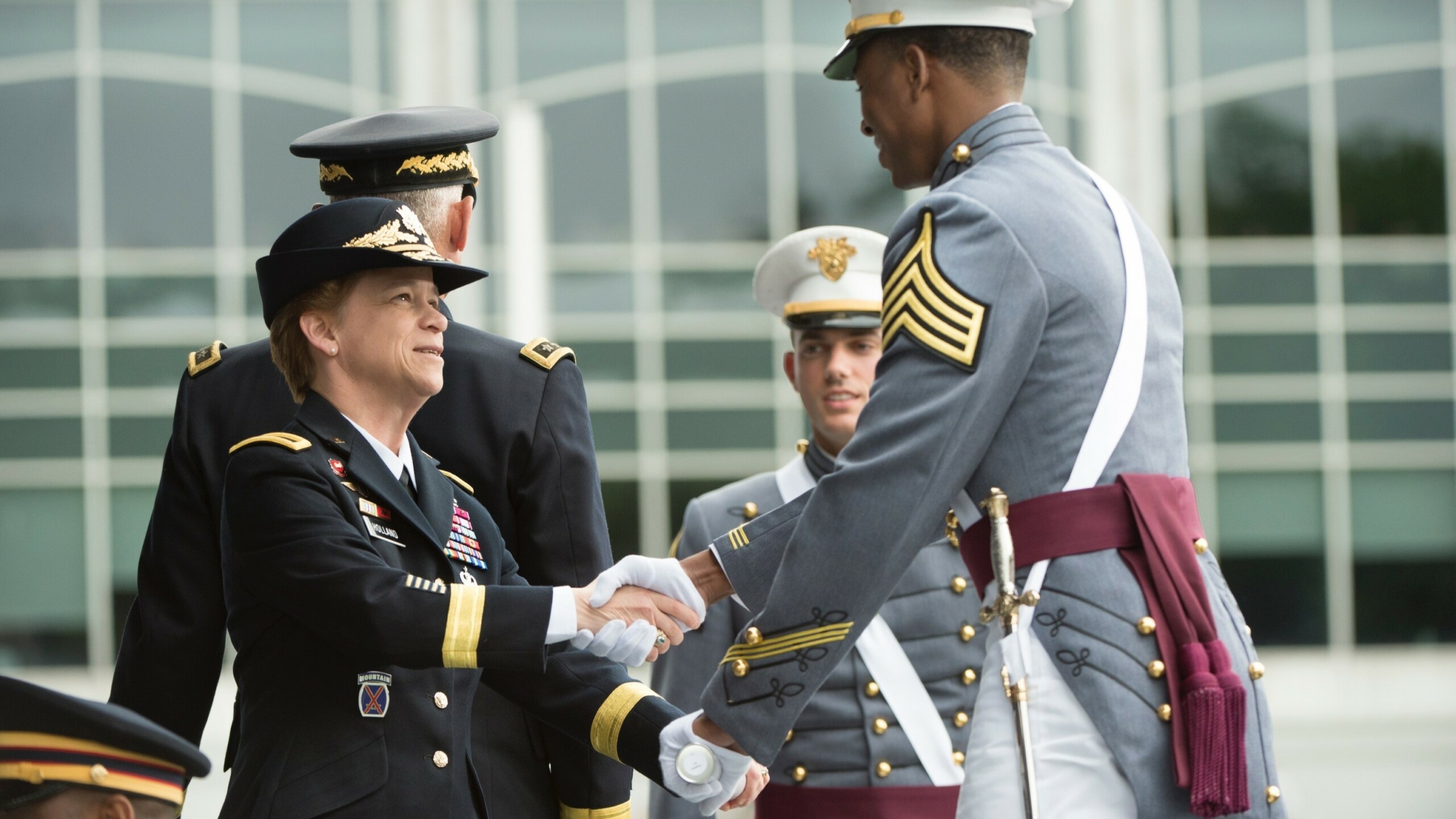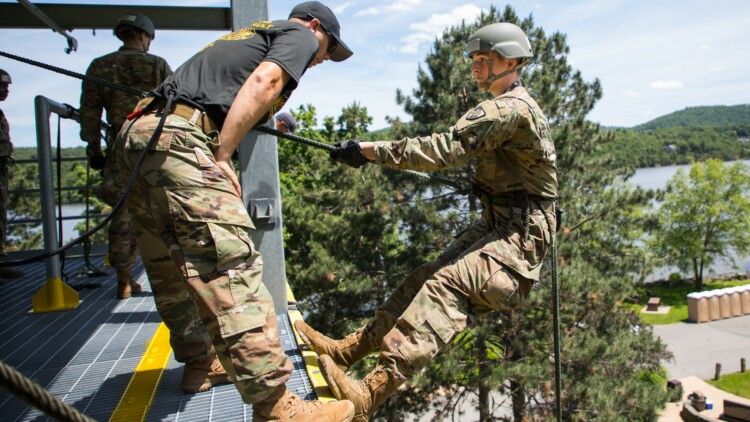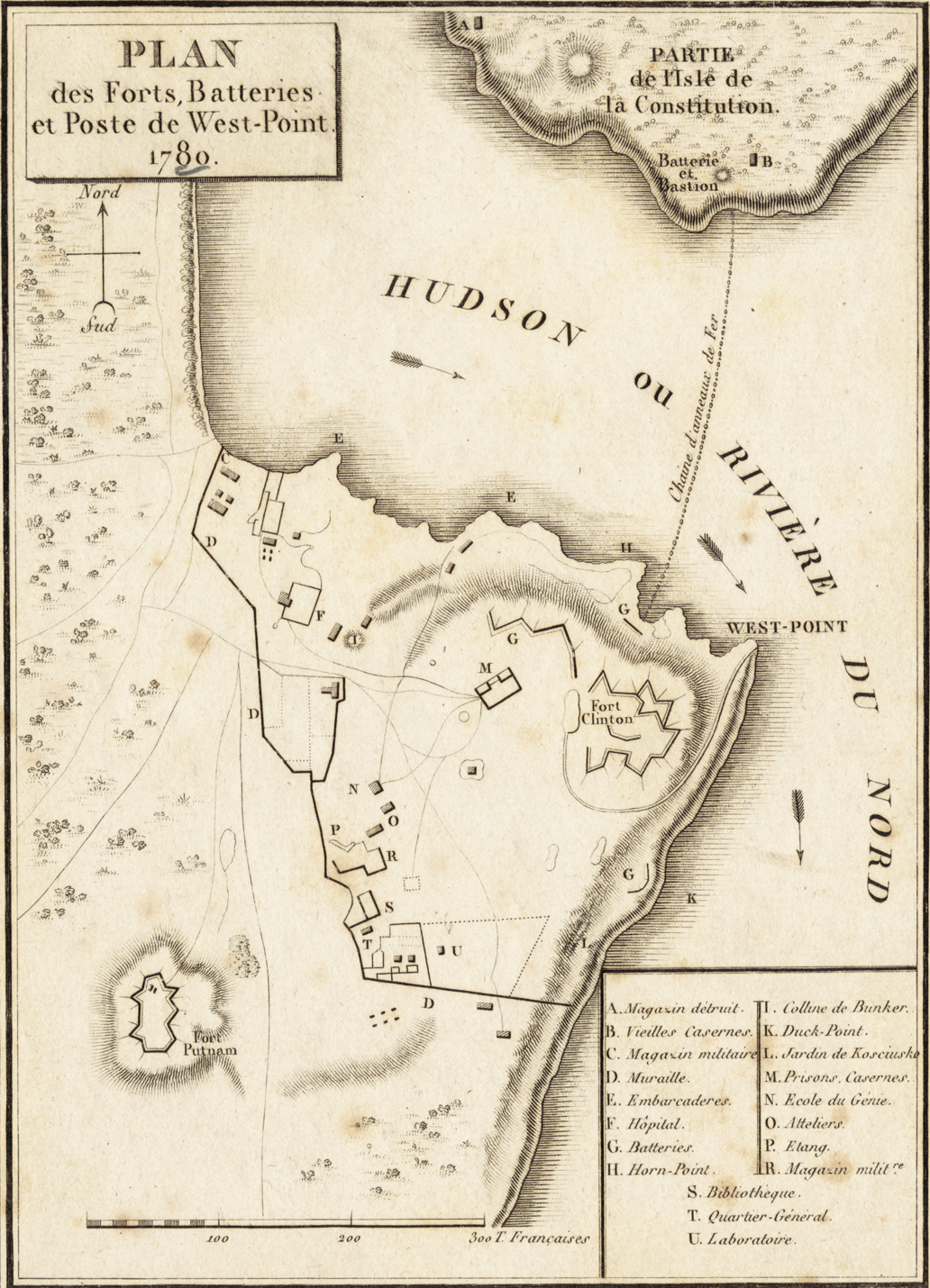He desired men of character, imbued with the values of “Duty, Honor, and Country“—the very foundation upon which a nation’s defense is built.

Humble Beginnings, Grand Ambition
The academy’s beginnings were modest.
With Jonathan Williams, a scientist and engineer more than a seasoned soldier, as its first superintendent, West Point started small, but its ambition was grand.
It aimed to bridge the gap between theory and practice, fostering not just tactical expertise but also a well-rounded education in mathematics, engineering, and the liberal arts.
This emphasis on intellectual curiosity was a deliberate choice by Jefferson, who believed that true leadership demanded not just battlefield brilliance but also the capacity for critical thinking and moral reasoning.
The Crucible: Forging Leaders Through Rigor
Challenges marked the early years.
Funding was often tight, and the curriculum constantly evolved to meet the demands of a rapidly changing world. Yet, the core principles established on that March in 1802 remained steadfast.
West Point became a melting pot, drawing young men from all walks of life united by a common desire to serve their country.
The rigorous training regimen, both physical and mental, pushed them to their limits, forging the discipline and resilience essential for military leadership.
A Legacy Woven from Lives: West Point Graduates on the World Stage
The story of West Point is not just a chronicle of battles won and strategies mastered.
It’s a tapestry woven with the threads of countless lives, each graduate leaving their unique mark on the nation’s history.
The Civil War saw West Point alumni on both sides – Ulysses S. Grant, the stoic Union general who ultimately led the North to victory, and Robert E. Lee, the brilliant Confederate commander who embodied the virtues of Southern chivalry.
World War II produced giants like Dwight D. Eisenhower, the supreme Allied commander who oversaw the liberation of Europe, and Douglas MacArthur, the charismatic leader who led the Pacific campaign.
From the halls of West Point have emerged astronauts, presidents, and countless others who have served with distinction in every conflict since the academy’s founding.
A Legacy Beyond the Battlefield: Investing in the Future
The legacy of March 16, 1802, extends far beyond the picturesque grounds of West Point.
It’s a testament to America’s foresight in investing in its future and nurturing leaders who could defend the nation’s soil and embody its ideals.
It’s a symbol of the unwavering American spirit, a nation forever striving to learn from the past, adapt to the present, and prepare for the challenges of tomorrow.
Embracing Change: Addressing Concerns and Looking Ahead
West Point’s story is not without controversy.
The academy has faced criticism for its emphasis on tradition and its historical lack of diversity.
However, in recent years, it has actively addressed these concerns, opening its doors wider to women and minorities while constantly evolving its curriculum to reflect the complexities of modern warfare.

Controversy Erupts Over Revised Mission Statement
Another controversy that had sparked recently was the latest move of revising the academy’s century-old mission statement.
While the academy’s core motto of “Duty, Honor, Country” remains unchanged, the decision to remove these words from the mission statement has ignited outrage among some.
This one-sentence statement, updated periodically, now emphasizes the development of leaders “committed to the Army Values and ready for a lifetime of service to the Army and Nation.”
Officials like academy spokesperson Col. Terence Kelley defend the change, stating it reflects the academy’s commitment to the Army Values of loyalty, duty, respect, and others.
However, critics see the revised wording as a sign of political correctness run amok.
Conservative commentators like radio host Jeff Kuhner accuse West Point of “going woke” and undermining patriotism.
#WestPoint Military Academy has announced its motto will no longer include "Duty, Honor, Country" in its mission statement. Instead it'll be replaced with "Army Values." West Point is going woke. We're watching the slow death of our country. Gen. MacArthur is rolling in his grave
— Jeff Kuhner (@TheKuhnerReport) March 13, 2024
West Point Superintendent Lt. Gen. Steve Gilland has emphatically reassured the public that “Duty, Honor, Country” remains the cornerstone of the academy’s identity.
He emphasizes the enduring significance of the motto for West Point graduates throughout history.
While the mission statement may have a lower profile than the engraved motto, it serves as a core principle for new cadets who are required to memorize it.
This recent revision highlights the ongoing tension between tradition and adaptation at West Point, a prestigious institution constantly navigating the complexities of the modern world.
Nevertheless, the fires lit on March 16, 1802, continue to burn brightly.
West Point remains a beacon, a symbol of excellence and dedication for aspiring officers and anyone who values leadership, integrity, and the pursuit of a greater good.
It reminds us that the foundation of a strong nation is built not just on armaments and strategy but also on the unwavering commitment of its citizens, especially those who step forward to lead the way.











COMMENTS